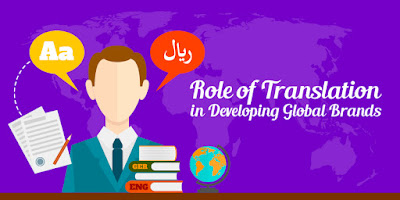Technology and its application has been demonstrating their influences on the human race from ancient times. Every decade has a history of advancements that have changed the world to the form as we know it today. In modern times, technological revolutions have changed the basic standard of living for human beings in various ways. Nowadays the connectivity provided by internet services has revolutionized the way of performing tasks in every domain that is known to mankind. The quality of living of the common man has been changed significantly since the last decade. People can know about places, restaurants, journals, news, etc., and can access any relevant information remotely. Various gadgets like smartphones, computers, televisions, are becoming common among people. With all the transformation that has already occurred due to technology, there is still room for development. The latest technological innovation on which the whole world is rolling its dice can be summed up with one term, Artificial Intelligence.
Artificial
Intelligence or AI is a term that many people must have heard somewhere,
whether it is in a technological field, web services, or maybe some science
fiction movie. Artificial Intelligence is the ability of a technological system
to learn and perform tasks that are usually performed by humans. AI is being
tested in various fields in order to feed information to computers, and it
could take time to properly introduce it to the world. The latest news here is
that AI technology is being modified to apply in the field of translation. The
term for this technology is referred to as AI Translators.
The AI
Translators are digital tools that utilize advanced algorithms to capture the
meaning or sentiment of the source text and attempts to reciprocate that
information in a different language. Many software companies, as well as social
networking companies, are attempting to make the best languages translator using AI technologies so that it can
provide a faster result to the users of different regions. Virtual assistant
Softwares like Siri are being developed on the basis of this technology to turn
sound into text. This technology is becoming more advanced since the creation
of the neural machine translation, which can process a huge amount of data to
develop better results constantly. The major software tycoons like Google,
Microsoft, IBM, etc., are working for the advancements in the technology.
Though, this raises an important question. Does this technology have the capability of changing the world of language learning out there? Is it able to replace human translators and various languages translation agencies around the world? Has AI achieved its general purpose in the field of language? Well, the answer is no. There are still many disadvantages to the current scenario of the AI translators:
- The AI translators are not as good as people. They can perform fast, but they are not very good at capturing the essence of information during the translation.
- These translators are not much reliable. They are unable to process colloquialisms and idioms that are being used in everyday speeches.
- They don’t possess the common sense to understand the cultural impact of the languages.

No comments:
Post a Comment